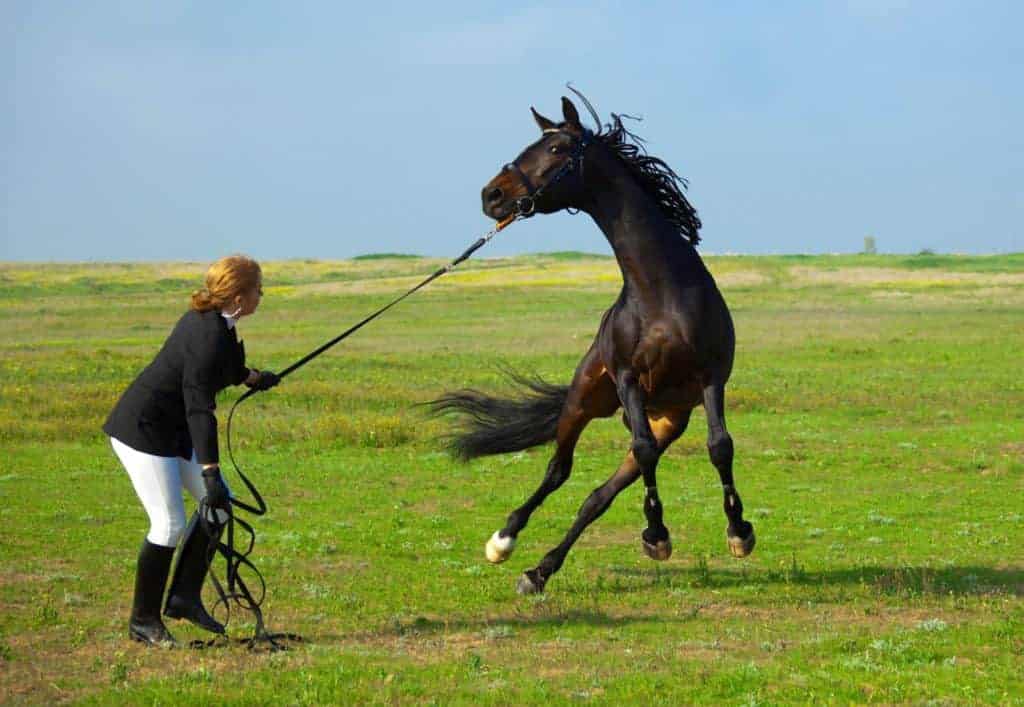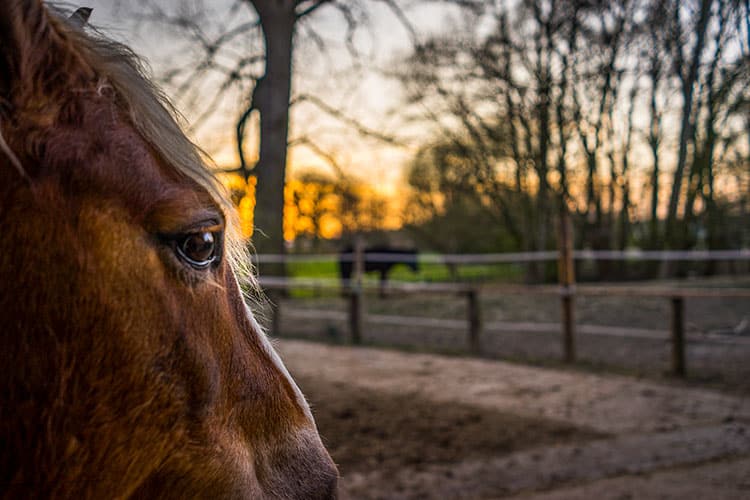
Checking for Equine Gastric Ulcers
Here’s what to expect if your horse needs to undergo gastroscopy, the only surefire way to check for equine gastric ulcers.

Here’s what to expect if your horse needs to undergo gastroscopy, the only surefire way to check for equine gastric ulcers.

Traveling to horse shows (and clinics) can cause your horse stress and put him at risk for behavioral issues, gastric upset, and infectious disease.

A study found omeprazole protected horses against phenylbutazone-induced equine glandular gastric disease but might exacerbate phenylbutazone-induced intestinal disease.

Fasting a horse overnight prior to giving an omeprazole dose to treat ulcers improves treatment outcomes, especially for glandular ulcers, a researcher found.

Does your horse have gastric ulcers? Research suggests the odds are yes. Learn more about EGUS with educational content throughout August.

All 41 horses at the affected facility got infected with ECoV, with some shedding virus for up to 98 days.

Learn what steps you and your veterinarian can take to get to the bottom of subtle horse health problems.

The workshop will be in-person and also livestreamed for virtual attendance. It is free to attend.

Dr. Bill Vandergrift talks about leaky gut syndrome in horses during the 2021 EquiSummit, presented by Kemin Equine.

Horse manure is rich not only in energy and soil-building nutrients, but also information about your horse’s health and well-being. In this article, veterinarians offer guidelines to help you better “read” your horse’s poop.

Colitis is inflammation of the large or small colon that can lead to diarrhea, proliferation of harmful bacteria, and even death in severe cases.

A study looking at fasting horses might help scientists better interpret microbiota test results in colicking horses.

Researchers studied these rare mineral concretions, how to best detect them, and commonly found concurrent conditions in affected horses.

Efforts are underway to determine the role of the virus in a current outbreak of diarrheal disease in Central Kentucky foals.

Hospitalized geriatric horses that recovered from severe colitis showed positive changes in their gut microbiota after receiving diluted feces from healthy horse donors.

Researchers found horses treated with antibiotics have significantly less diversity (fewer bacterial species) in their GI microbiomes than healthy horses.
Stay on top of the most recent Horse Health news with
"*" indicates required fields